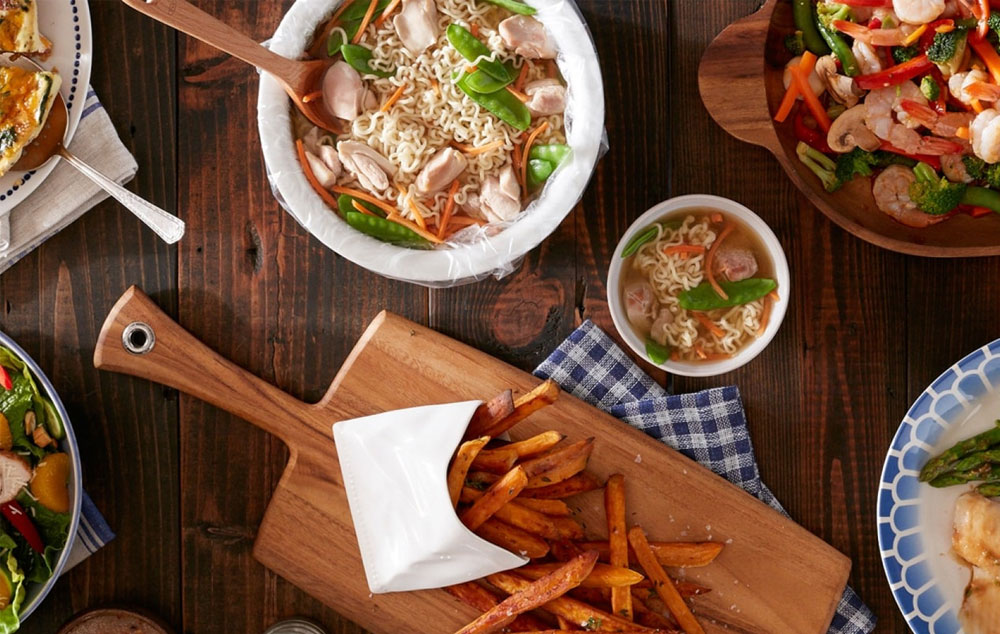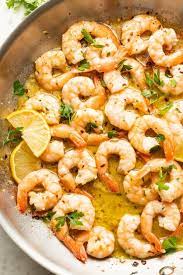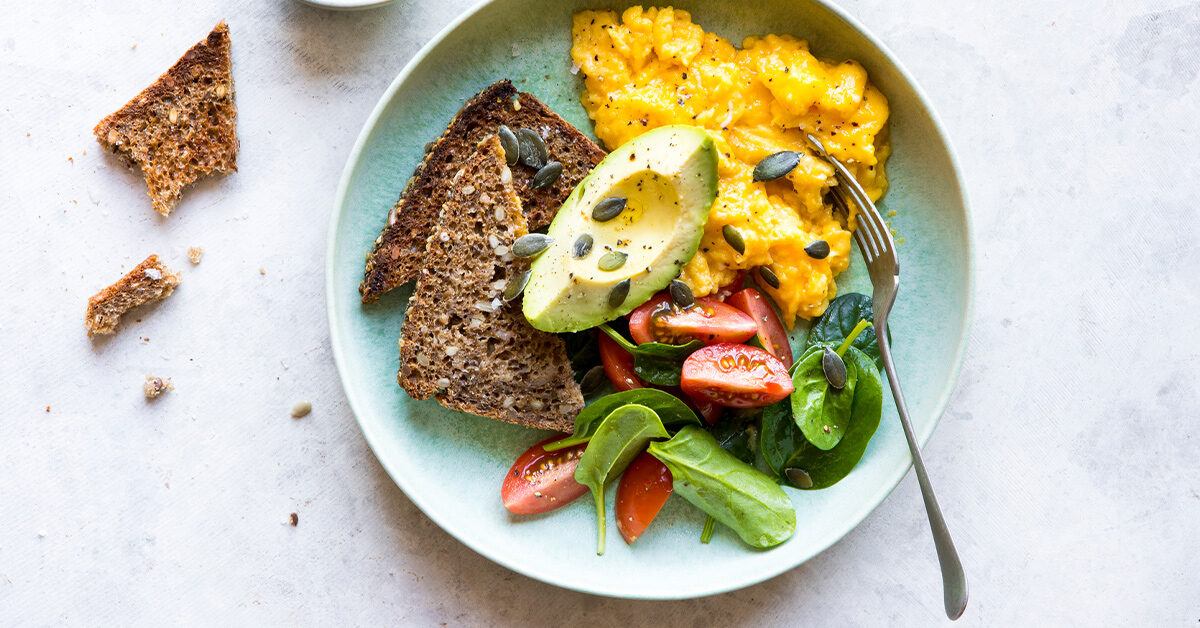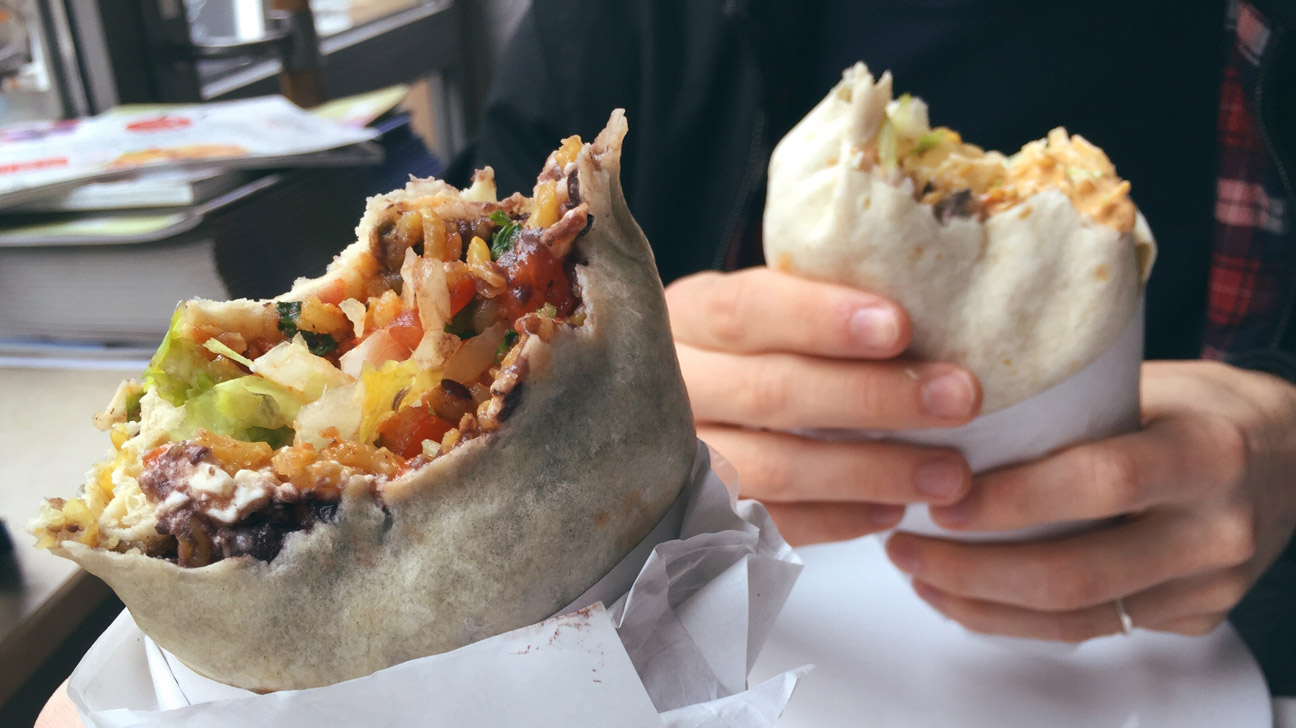Starting out on a cooking adventure can be exciting and fun. With a few tricks and techniques, novice home cooks can gain confidence in the kitchen and turn out delicious meals. Here’s a beginner’s guide to help novices get started on their culinary adventure.
Start with Simple Recipes
Start low-key with the recipes that sounds straightforward. Concentrate on recipes with simple ingredient lists and straightforward instructions. It’s a great way to get a general sense of how the basics are done without getting way over your head.
Ideas:
Scrambled Eggs: Straightforward breakfast fare.
Grilled Cheese: A staple of my diet.
Understand Basic Cooking Terms
It is important to become familiar with cooking language terms. Understanding the distinction between sautéing and simmering or chopping and dicing can also enrich the cooking experience.
Key Terms:
Sauté: To cook rapidly in a little oil.
Simmer: This means cooking more gently in liquid that is just below the boiling point.
Chop: Cutting into small pieces.
Dice: Cutting into uniform cubes.
Invest in Essential Tools
The right tools can make cooking easier and more fun. Begin with a couple of basics that will get you through most recipes.
Must-Have Tools:
Chefs Knife: All purpose for chopping and slicing.
Chopping Board: Protects surfaces and makes preparing meals safe and easy.
Cups And Spoons: To measure the ingredients properly.
Non Sticking Pan: Perfect for anti sticking cooking.
Practice Knife Skills
Efficient, safe and protects your digits: Good knife skills. Turner says learning the right way to hold and use a knife can increase confidence and speed in the kitchen.
Tips:
Maintain sharp knife, to reduce crumbly cuts.
Make sure to use a sturdy cutting board so you don’t have any accidents.
Master basic cuts like slicing, dicing and mincing.
Master the Basics of Seasoning
Seasoning is the secret to delicious cooking. Learning how to work with salt, pepper and herbs can turn a basic supper into something special.
Tips:
Taste as it cooks, and adjust seasonings.
Begin with a small amount and add slowly.
Play around with herbs such as basil, thyme and rosemary.
Understand Cooking Times and Temperatures
Both cooking time and temperature has its impact on the dish. Focusing on these three aspects will help get your food to the right cooking temperature.
Tips:
Set a timer so you don’t overcook it.
Learn about safe meat cooking temperatures.
Or lower the flame to regulate cooking intensity.
Embrace the Art of Tasting
Tasting the cooking food can be adjusted for seasoning and flavor. This process can help you learn about the way different components interact.
Tips:
Taste using a fresh spoon every time.
Believe your palate and adjust if required.
Taste throughout cooking.
Organize Your Workspace
A tidy workspace promotes efficiency. An organized kitchen is a happy kitchen, so ease that stress with these 20 home hacks to make keeping it clean and functional even easier.
Tips:
Gather all ingredients before starting.
You may do it along the way to keep things tidy.
Have the tools you use most often handy.
Experiment with Different Ingredients
New ingredients can open doors to different foods. Trying different combinations out of flavours and consitencies makes cooking interesting.
Tips:
Check out the fresh food at local markets.
Play with spices and tastes from around the world.
By all means, don’t be afraid to experiment.
Learn from Mistakes
Cool, every mistake is a learning point. Accepting each as channels for progress fosters both confidence and skill.
Tips:
Figure out what went wrong and make changes for next time.
Ask others for feedback to get better.
Keep practicing and refining techniques.
Use Online Resources and Tutorials
The internet is a gold mine for cooking information. Online resources can also be useful to find inspiration and get ideas.
Tips:
These cooking videos are great for visual learning too!
Check out food blogs for inspiration.
Belong to online cooking communities for encouragement.
Conclusion
Cooking is an art that comes with time, patience and practice. Begin with the easy recipes, learn some basics moves and try to take pleasure in the trials: Here’s how beginners can start to cook up some confidence. These tips can help anyone take the culinary journey that is filled with delightful discoveries and growth.




